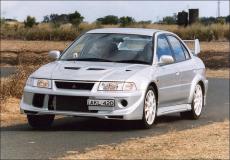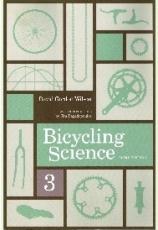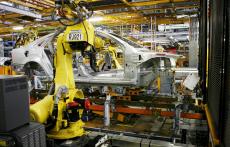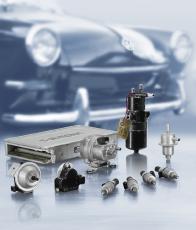So it’s now being suggested that those who illegally street race should have their cars confiscated and crushed. Yes, you read that right: cars destroyed. This is, apparently, what happens in California and those police are now advising their Australian counterparts that this is a good approach to take.
“This is what makes them stop – when you destroy their cars,” Corporal Heiss [of the Rialto police department] told The Daily Telegraph.
“They spend up to $US30,000 making modifications on their vehicles and that loss is overwhelming for them – they are not going to do it again.
“These young kids are scraping their money together to put into their main asset and some of them break down when they see their car being crushed.”
That such a monstrous behaviour is even being discussed shows the utter demonisation of those who lack political power in our society.
There are three fundamental shortcomings of such an approach.
The first is that it is grossly inequitable. In effect, the fine for street racing could be $2000 – or $200,000. The person racing in cruddy old Commodore scores the two grand fine, while the Porsche pedaller pays one hundred times as much. In no other area of law breaking is the penalty set on the basis of the value of the user’s possessions.
Secondly, since when in our society have we destroyed assets when those assets have been involved in illegal behaviour? No not confiscated the assets but destroyed them. So the white collar criminal who has defrauded a bank via a computer in their family home is then forced to watch as their house is bulldozed? The fact that he might have a wife and kids living there is ignored – in just the same way that the street racer’s other uses of his car are ignored?
Thirdly, the intrinsic value of the vehicle is apparently seen as zero. What if someone driving a rare and valuable old muscle car gives it a big squirt away from a set of traffic lights? The car is taken and crushed, irrespective of its significance? Again, let’s apply the idea to some other items of historic importance. The paintings by old masters are destroyed if they’re found to have been involved in some form of fraudulent behaviour?
You need only apply the idea of crushing street racers’ cars to any other area of lawbreaking in our society to realise how utterly inappropriate such a sanction is.
 The email was short and simple: Julian – From all your driving experience can you describe which (one) characteristic makes driving a pleasure?
The email was short and simple: Julian – From all your driving experience can you describe which (one) characteristic makes driving a pleasure? 
 Julian Edgar, 50, has been writing about car modification and automotive technology for nearly 25 years. He has owned cars with two, three, four, five, six and eight cylinders; single turbo, twin turbo, supercharged, diesel and hybrid electric drivelines. He lists his transport interests as turbocharging, aerodynamics, suspension design and human-powered vehicles.
Julian Edgar, 50, has been writing about car modification and automotive technology for nearly 25 years. He has owned cars with two, three, four, five, six and eight cylinders; single turbo, twin turbo, supercharged, diesel and hybrid electric drivelines. He lists his transport interests as turbocharging, aerodynamics, suspension design and human-powered vehicles.





